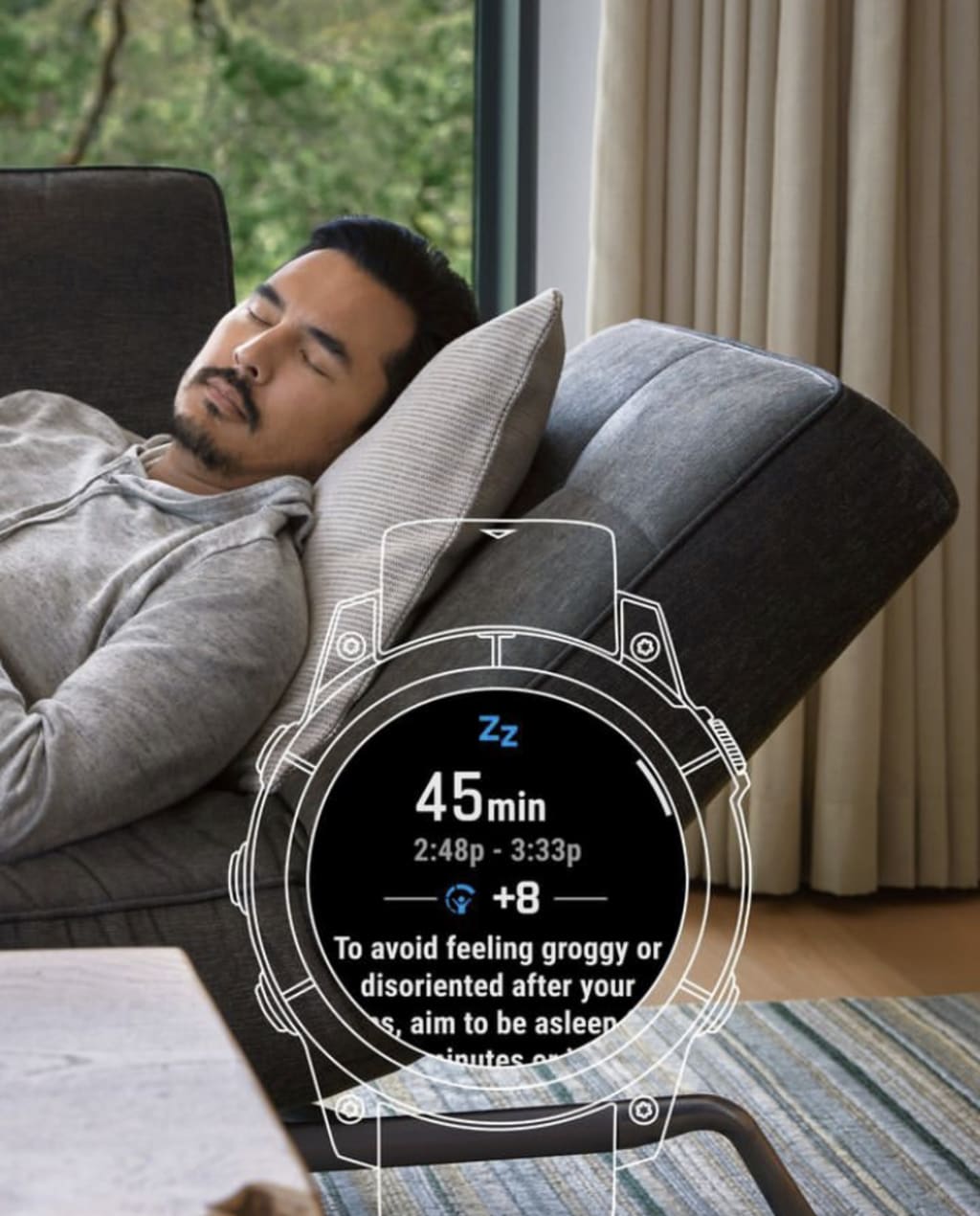“How To Take The Perfect Nap”
"Unlocking the Art of Rest: Mastering the Perfect Nap"

Research has demonstrated the numerous benefits of a full night's sleep, including improved memory, mood, and immune system. However, have you ever considered the benefits of a daytime nap? Is it beneficial or detrimental to your health? How does the length of the nap affect you, and is there an ideal time to take a quick snooze? Fortunately, researchers have explored this topic as well, and the results, like a resting body on a couch in the afternoon sun, must be carefully laid out.
Depending on one's age, napping can be essential. Generally speaking, the younger a person is, the more sleep their developing brain and body require. Therefore, experts recommend that newborns get 14 to 17 hours of sleep, while preschoolers should get 10 to 13 hours of rest every day. Of course, it is not practical for children to sleep for such extended periods in one go. Therefore, napping is necessary, despite any resistance or protests from the little ones. It is also recommended that children aged 6 to 13 get anywhere from 9 to 11, or even 12 hours of sleep daily. So, if you are in junior high and find yourself nodding off in class, you can use this science-backed information to explain your drowsiness to the teacher. While it may not get you out of trouble, it may provide some entertainment for your teacher and classmates.
But what about adults? Do we need to sneak in a siesta in the middle of the day? Strictly speaking, it does not appear to be a necessary part of our biological makeup. Our modern way of life, with our 9 to 5 jobs and artificial lighting, may have altered our sleep patterns compared to our ancestors. To test this theory, researchers studied 94 individuals from current-day hunter-gatherer groups in Tanzania, Namibia, and Bolivia. These groups live more similarly to how humans did 10,000 years ago. While they would take a break in the middle of the day, none of them would use that time to nap. So, it seems that napping is not something humans would naturally do if it were not for the demands of our modern lifestyles.
However, just because it is not necessary does not mean it cannot have potential benefits. Our brains go through different stages during sleep, and the benefits of a nap are correlated with its length. For example, if you find yourself feeling sluggish after lunch, a quick 20-minute power nap could be all you need to feel refreshed and alert again. A short nap can also boost memory in some ways, but longer naps may have even more significant benefits for learning and recall. Sleeping for 60 minutes can improve vocabulary and direction-recalling abilities. Moreover, sleeping for an hour to an hour and a half allows the brain to enter REM sleep, and some research suggests that the learning benefits are comparable to getting a full night's rest. However, the perfect nap length will vary from person to person. The 20-minute power nap is not a hard and fast rule; some individuals may reap the same benefits from just 10 minutes of sleep, while others may need up to 45 minutes. It is essential to note that allowing your brain to enter the deep sleep stage can lead to sleep inertia, where you feel groggy and even more tired upon waking. Additionally, napping at the wrong time of the day may make it challenging to fall asleep at night. So, if you have a typical 9 to 5 job, it is best to avoid naps after 4 pm.
If you are a regular napper, you may find that you get more out of it than those who do not nap. You may feel sharper and in better spirits compared to your non-napping counterparts, who may feel sluggish after waking up. However, this may not be due to superior napping skills, but rather because you are part of a self-selecting group. In other words, those who regularly nap may have experienced the benefits firsthand, leading them to continue napping. On the other hand, those who do not find napping beneficial may not do it as often. So, if you find yourself feeling worse after napping, perhaps it is not for you. But do not worry; there is always coffee to help you power through the day. And if you have trouble falling asleep at night, you may have considered using a white noise machine. But have you ever thought about using pink noise instead? It may be worth a try.
About the Creator
Prosper Effegwa
I am passionate storyteller weaving words into captivating narratives. With a creative mind and eloquent expression. Join the journey through my imaginative tales and embark on a literary adventure like no other. Explore my world today!"






Comments
There are no comments for this story
Be the first to respond and start the conversation.